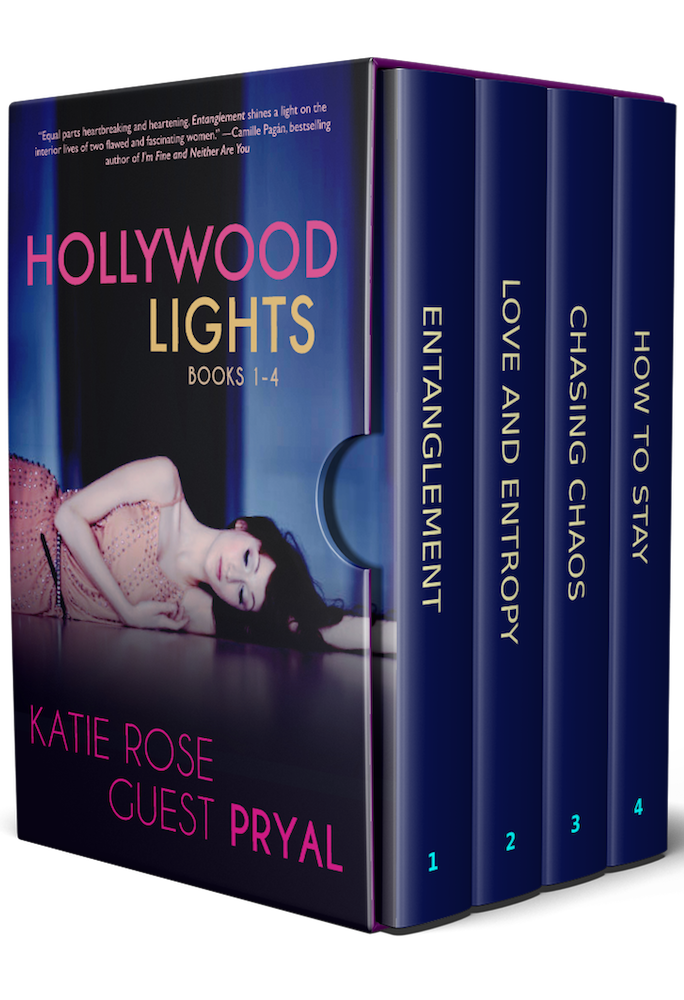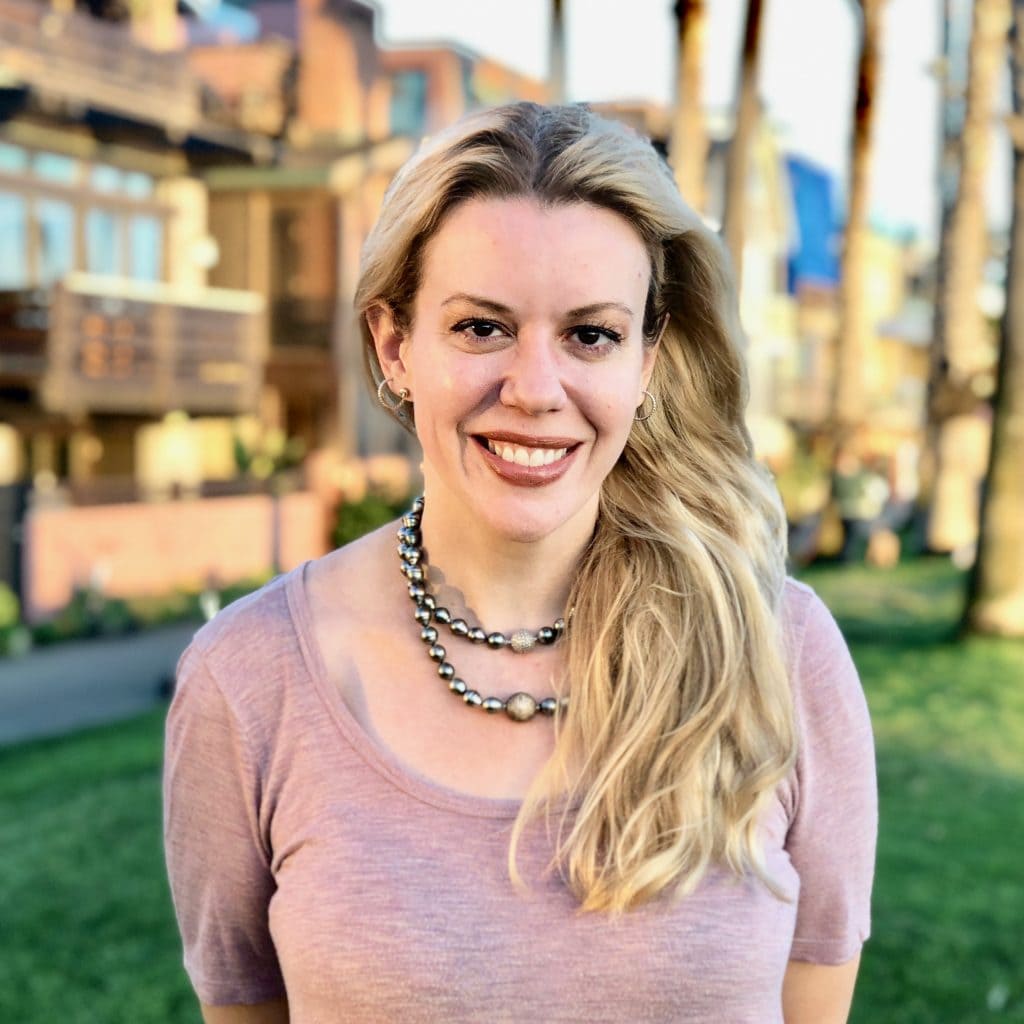
Katie Rose Guest Pryal is the bestselling author of novels, including Entanglement, Chasing Chaos, and Fallout Girl, and non-fiction, including Life of the Mind Interrupted: Essays on Mental Health and Disability in Higher Education and Even If You’re Broken: Essays on Sexual Assault and #MeToo. She writes for Catapult, the Chronicle of Higher Education, and other magazines. She lives in North Carolina.
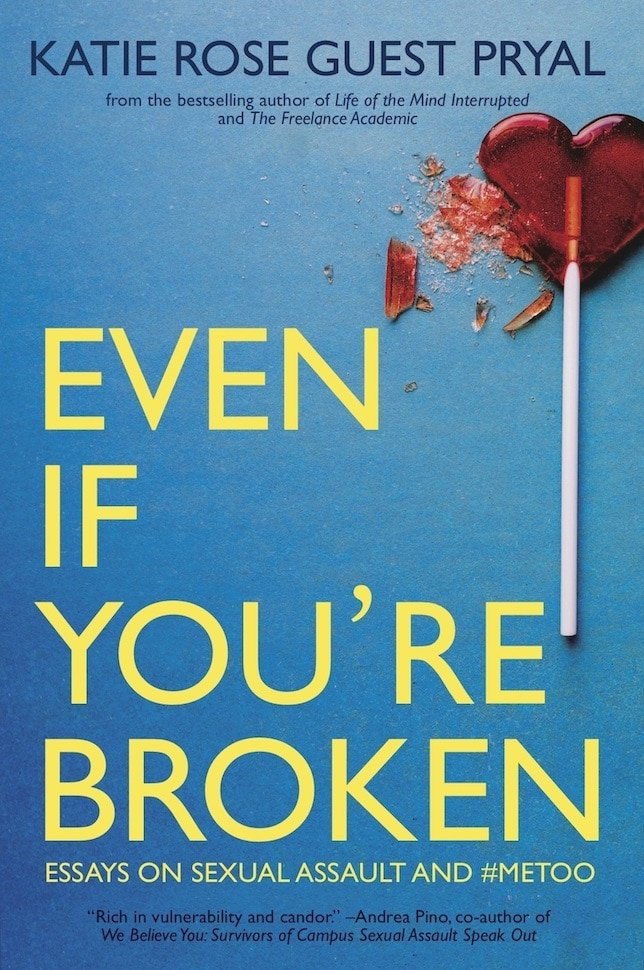
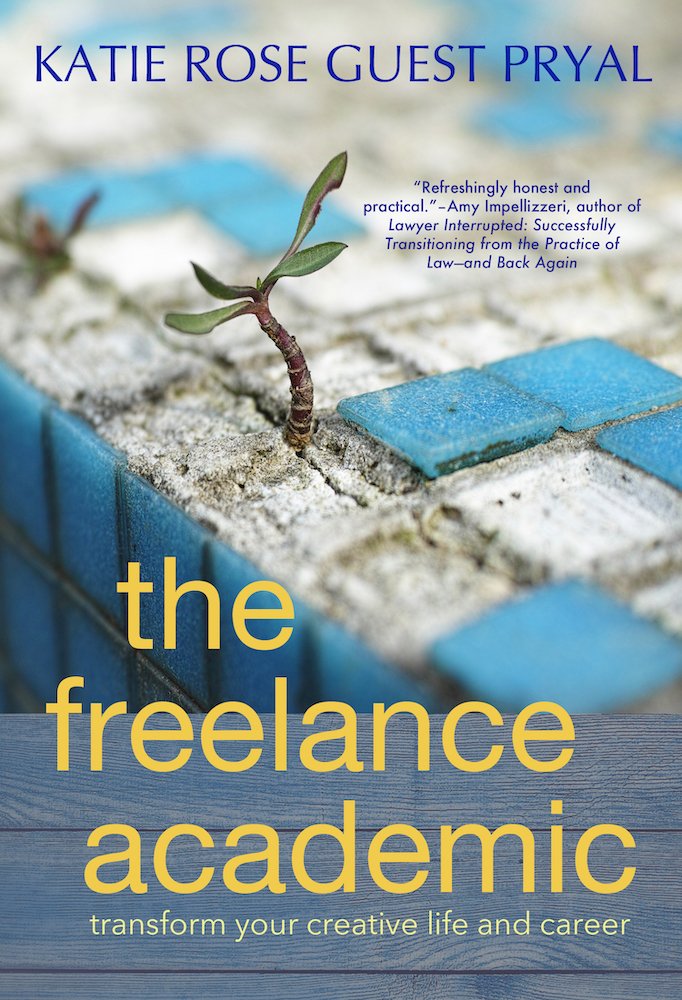
Tell me about your writing process: schedule, environment, inspirations, and how you determine whether you’re writing a non-fiction book or a novel, and if that changes your process.
Thank you for asking me such thoughtful questions. First—I’m very lucky because I get to write full time. I do teach one course a year at our law school here in Chapel Hill, and I give talks (about one per month). But otherwise, I’m writing. I write lots of different things: I have three different regular magazine columns. I write books for academic and professional audiences (mostly on professional writing). And, I write trade books: novels and nonfiction books. Basically, I’m writing all of the time. I don’t have a choice.
What all of this means is that I have to plan my time very carefully to account for the many deadlines I am responsible for, and to be sure that the important parts of my personal life are also taken care of. I’m a wife and a mother of two young children. I also have discovered (way too recently) that it is important to take care of myself as well.
I tend to focus on one project at a time. On my calendar, I will mark out a period of time to work on one project until it is finished, and then I will move onto another project. Right now, for example, I have edits back on my next novel. The editorial process will go much better if I do them all at once without lots of breaks. So: I will clear my calendar for a week or two (however long it takes), and I’ll do this revision until it’s done. Stopping in the middle means I might lose threads or forget important things that I need to fix. That’s not efficient. Essentially, this process is just a writer’s version of “no-multitasking.” Once I get my 4 hours of efficient writing in, though, I will still have time for daily tasks, like answering emails and pitching stories, things that must happen to keep the ship afloat. But I won’t try to write two books at the same time. That’s not efficient, at least not for me.
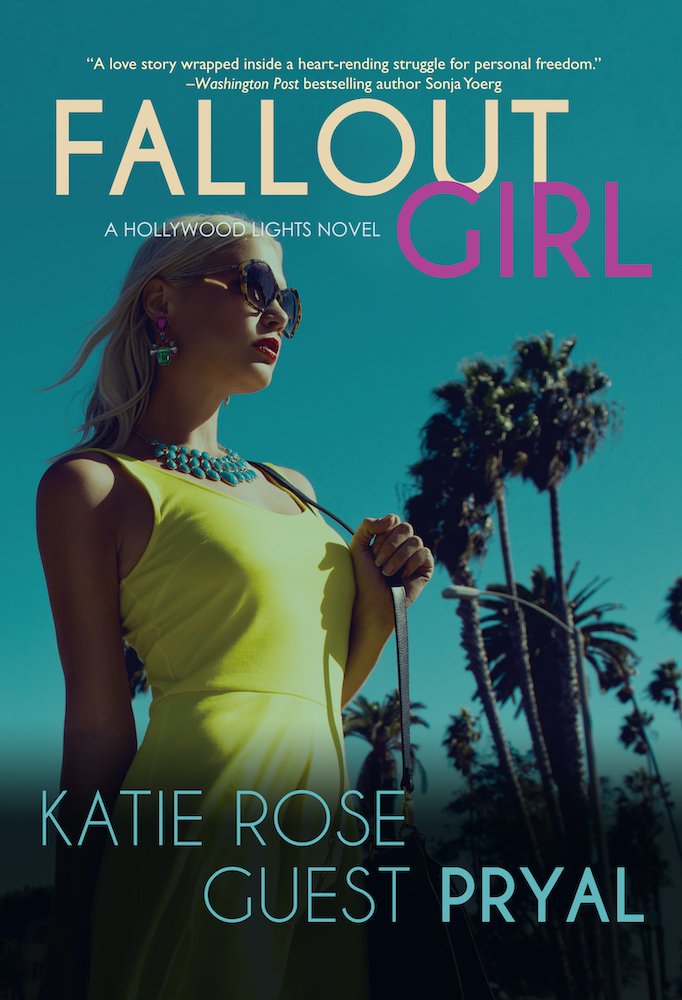
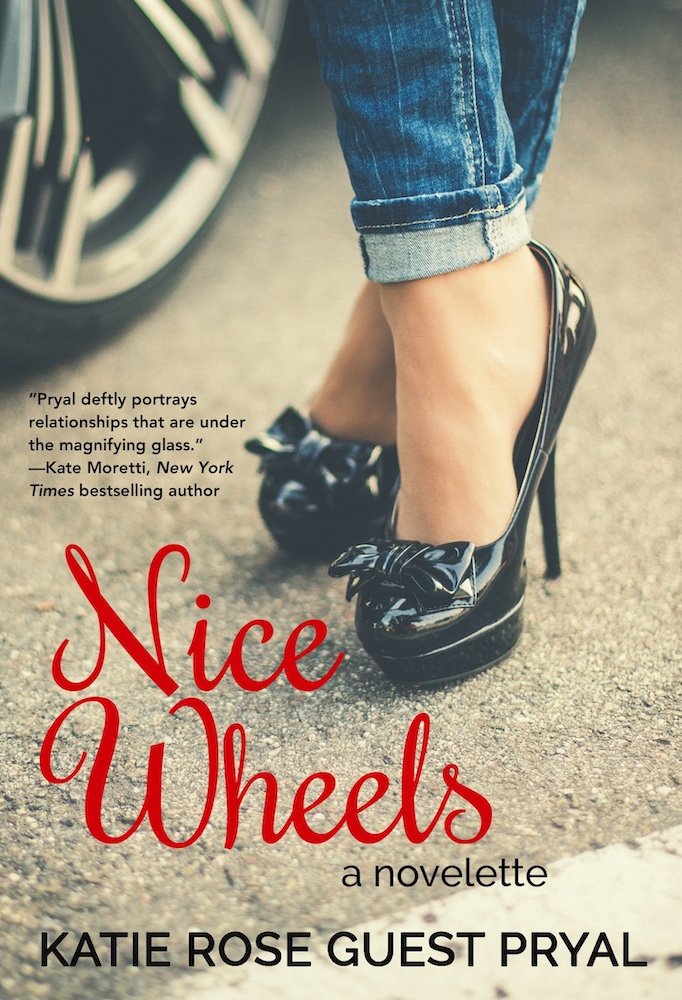
Walk me through your publishing process from “final” draft to final product, including who does what when, and marketing that you do as the author.
On average, I publish one trade book a year.
(Note: I usually publish more than one book a year because I’m also publishing academic/professional books, too. However, my academic/professional book publication schedule depends a lot on other people because I work with co-authors and because the publication dates depend a lot on strange things like the academic calendar. The point is, sometimes I publish more than one book a year, but let’s not worry about those other books right now.)
Back to what I was saying: I usually publish one trade book a year. I’m not unusual in this. Many excellent authors and author teams publish 2-3 books a year (and I wish they’d publish more, Ilona Andrews). I’m on a one-book-a-year schedule. How I write, though, is in bursts. I’ll write my first draft (70-80k words) in a matter of weeks, maybe 6 weeks. I realize that sounds fast, but you should see the steaming pile of nonsense that comes out in 6 weeks. Then, I set it aside for a while. I go back to it, take some anti-nausea medicine, and revise. After that first revision, I send it to my most trusted editor-friend. I trust her because she’s a great editor and also because she won’t share with the world how terrible my early drafts are. Then I wait a while more to let the book “sit” (think: aging whisky), and then I revise again with her comments. I usually send it back to her to make sure I did it right (mostly because I’m neurotic and worried) and she sends it back (with lots of encouragement and few more comments), and then I revise once more and send it out to my beta readers, people I trust to read it on their e-readers and give me their honest feedback on the story. ONE MORE REVISION with that beta feedback (or maybe three or four), and I’m done. Again, I think my process is pretty normal. I want to emphasize how group-oriented writing is. I literally could not do this without my trusted people.
And, because I publish one book a year, I am always writing a book. Always, always writing. I’m grateful that I have time to do it. But also, I’m working on setting some boundaries. Maybe one year I’ll go crazy and skip publishing a book.
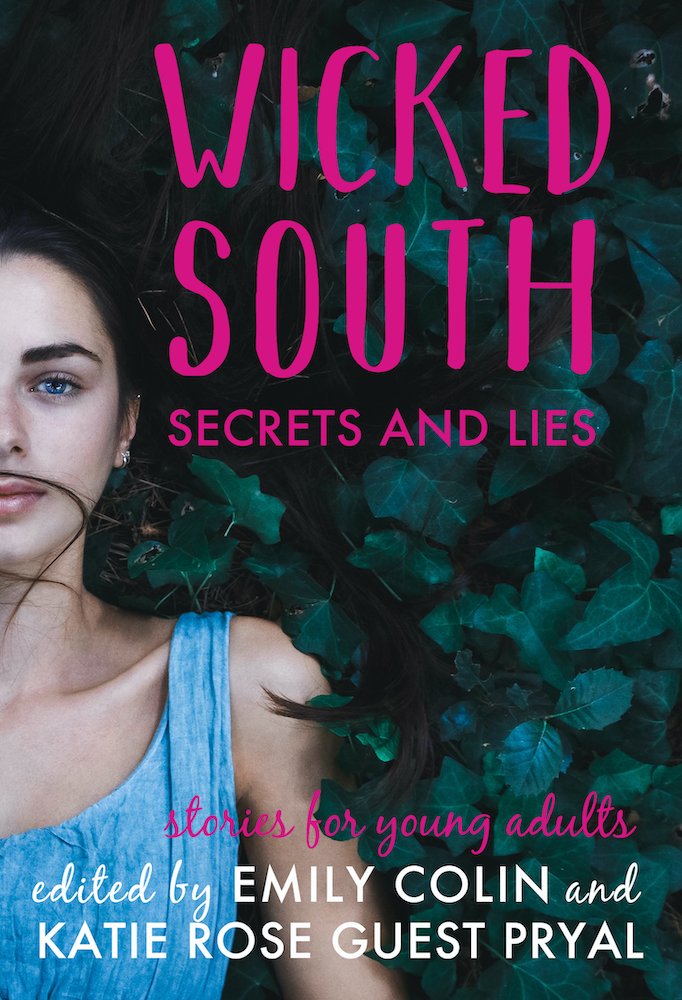
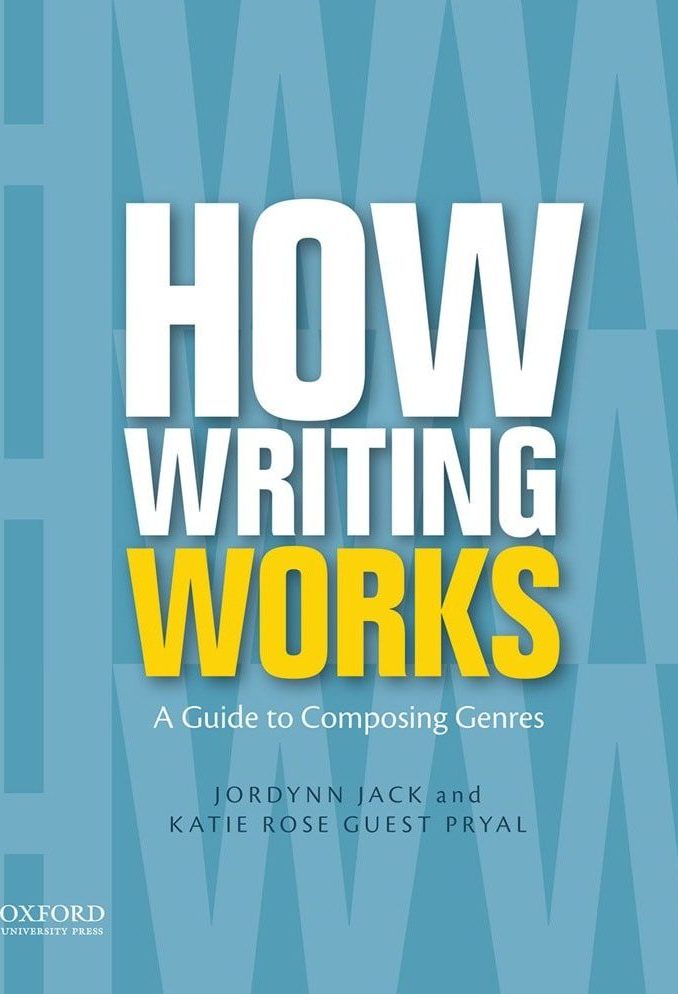
Talk about your support system online and IRL, especially your biggest cheerleaders and how you became a beautiful blooming Tall Poppy.
I have a great support system. My husband and kids are incredible. I also have some great hobbies (including a new one!) that are both outside-hobbies and physical so I’m sure to get away from my desk. My support system of fellow writers and readers I described in my writing process. And of course, the Tall Poppy Writers is a wonderful community of supportive writers. I’ve made some of my best friends through that group.
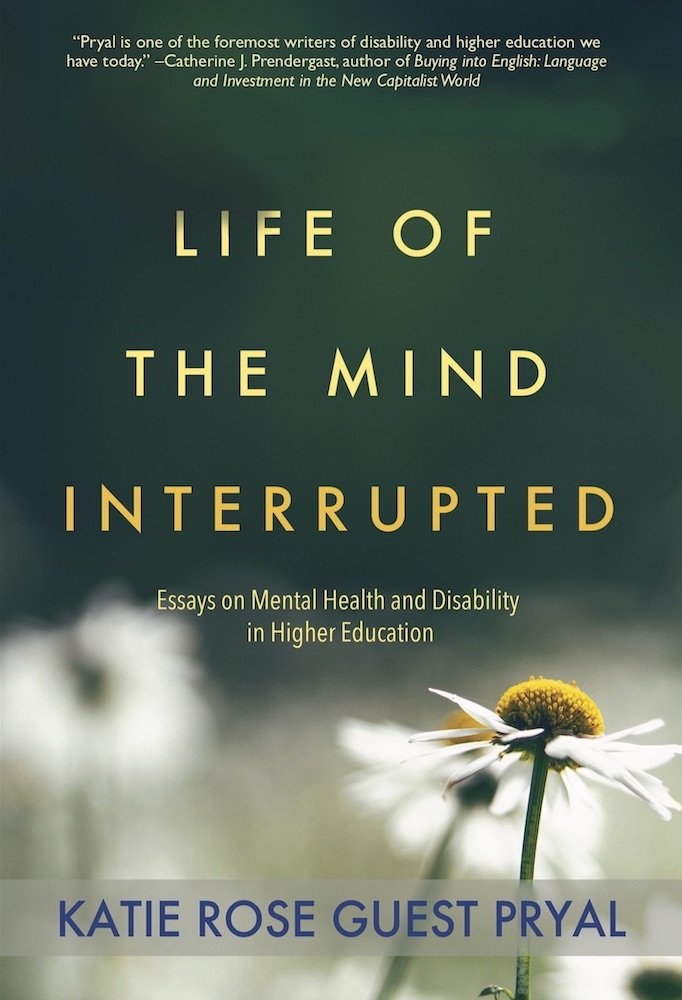
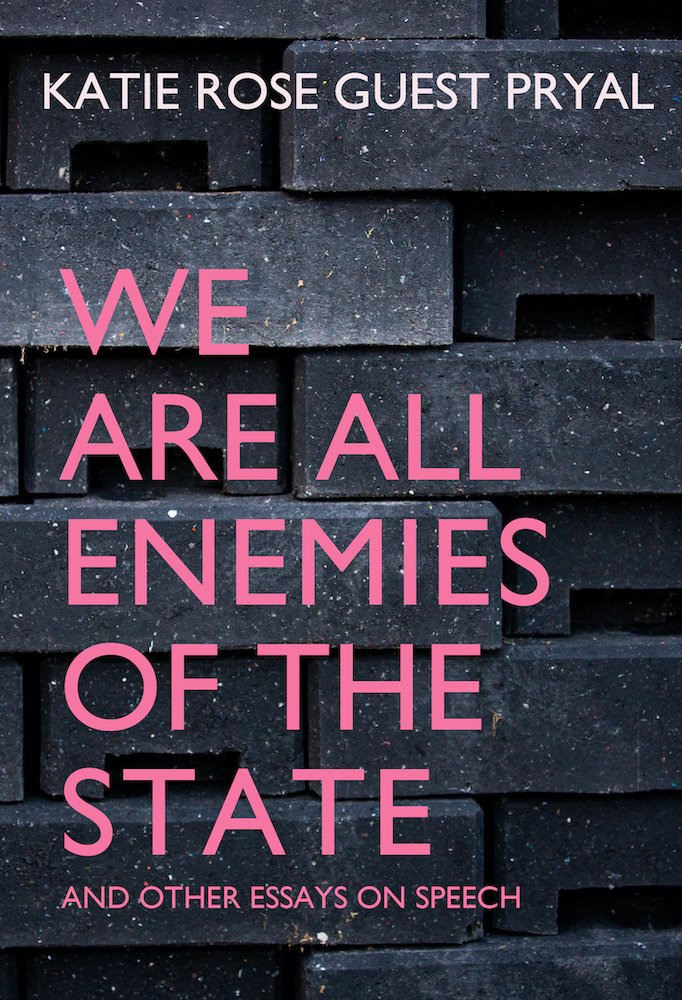
Dear Readers can clearly feel your essence in your writing, especially your essays; how does your writing in return influence your life?
I figured out when I was very young (like, age 12) that writing things down would help me figure things out. I still have my journals from back then—somehow they survived all of the moves and purging I’ve done over the years. I still using writing to help me gain perspective on my world. A lot of my essays began as me trying to solve a problem in my life. Often, the problem seemed so huge and unsolvable. And then, after writing about it, I was able to find a way to intervene, to make things better. And after I was able to make things better for me, the essay became something I could share with others. In fact, my non-fiction books (on mental health, on career changes, on sexual assault) all started that way. Me: “I feel like I don’t know what to do. I think I’ll write about it.” *scribbles a lot.* “I think I have an answer. Let me share it with literally everyone.”
In fact, being able to write myself out of problems is one of the things I love most about being a writer in the first place.
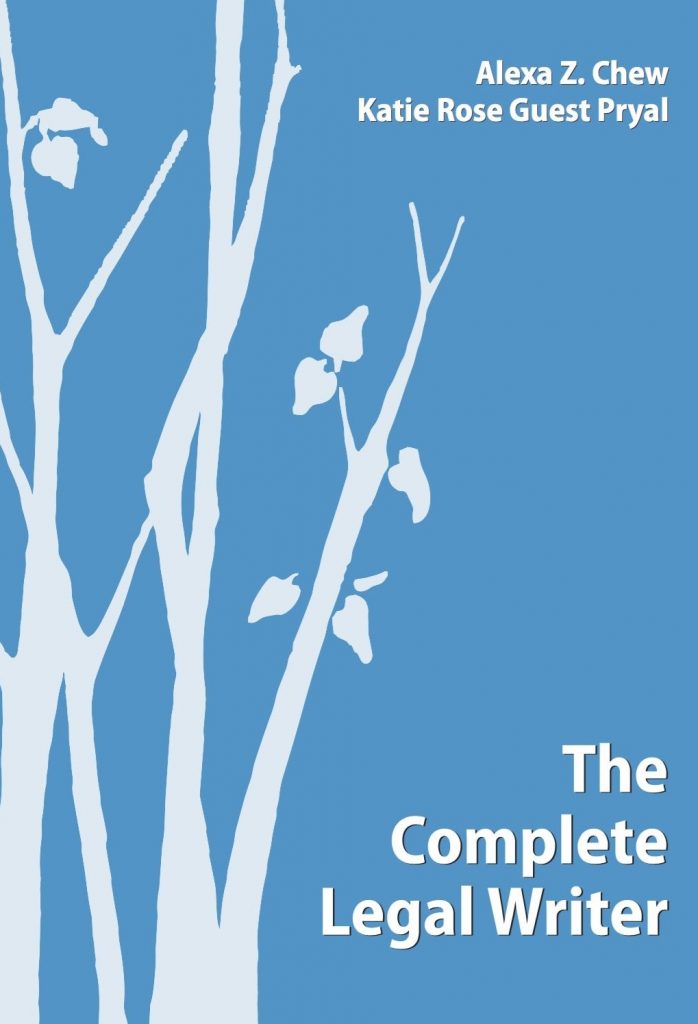
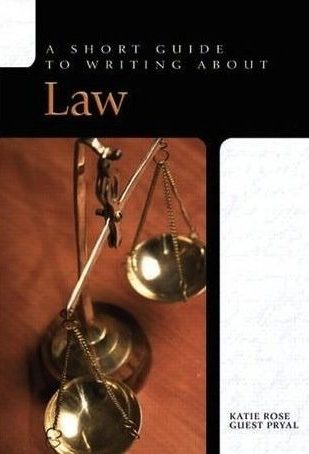
What do you love most about your creativity?
[I just got to this question, and I answered it in my last one!]
Connect with Katie:
website: katieroseguestpryal.com
